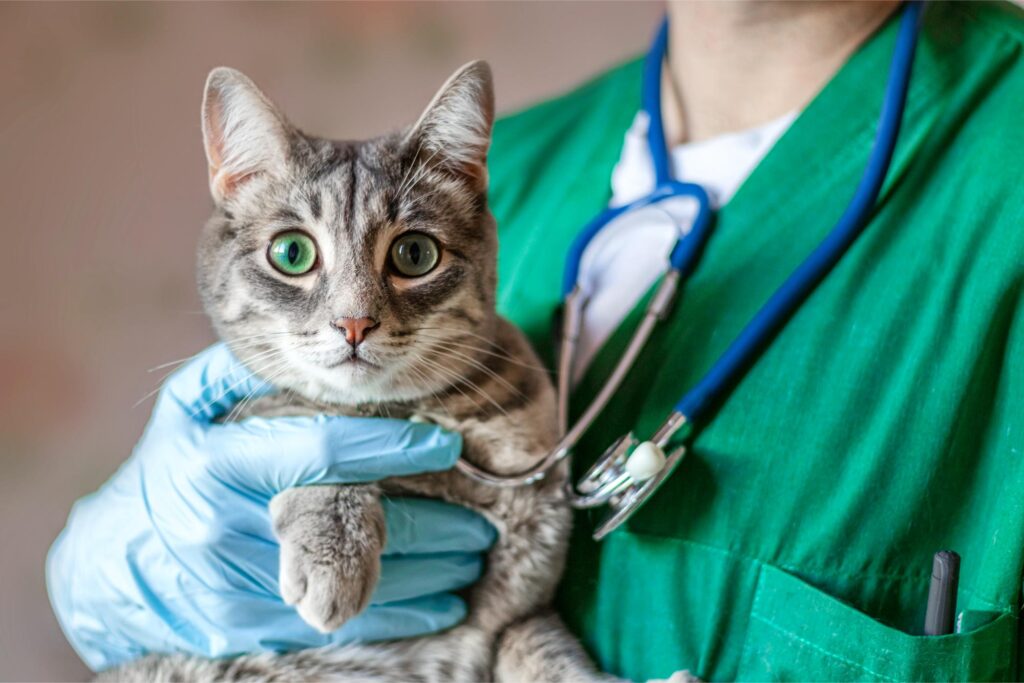
With so many exponential benefits to pets and the wider community, spaying and neutering seems like a no-brainer. And yet, millions of pets produce offspring that lead to the staggering overpopulation numbers, crowded shelters, and high euthanasia rates. As pet lovers and responsible members of the community, we play a crucial part in animal welfare by choosing this routine medical procedure. Together we can reduce stray populations in San Diego County and beyond.
Expanding the View
Unspayed females and unneutered males can create imbalances in a neighborhood and the larger community. Through San Diego County, stray pets impact wildlife, landscaping, and families with small children.
Unplanned and unwanted litters can affect neighbor relations and result in abandonment of puppies and kittens. Spaying and neutering our pets is a critical responsibility that promotes care, respect, and community relationships.
Zooming In
Millions of homeless, lost, and stray pets enter shelters each year, straining valuable space and resources. Euthanasia rates increase accordingly as a way to make room for more animals brought into shelter settings.
We can greatly reduce the numbers of homeless pets by spaying and neutering. With lower numbers to tend to, animal welfare organizations can continue the important work of providing veterinary care and finding forever homes for pets in need.
An Act of Compassion
Spaying and neutering plays an important role in pet health and wellness. The removal of their reproductive organs decreases aggression and behavioral concerns like mounting, humping, or spraying. Without the urge to mate, escape attempts decrease as well as wandering the streets, vehicular accidents, and fighting with other animals. In other words, spaying and neutering can add to a pet’s health and happiness.
On the Topic of Pet Health
Spaying female pets decreases the chances of developing uterine infections, mammary tumors and ovarian tumors. With high mortality rates associated with these cancers, it is crucial to spay females before they enter their first heat cycle.
Neutering male pets reduces the risk of testicular cancers and prostate issues. Ideally, the procedure is completed before they reach 6 months of age.
Low Risk, Big Advantages
Spaying and neutering surgeries are fairly straightforward, and pets bounce back very quickly from the procedure. Many pets are already spayed or neutered prior to adoption. Owners may not elect this procedure based on cost, but the financial burden of caring for a litter or treating an illness related to their reproductive organs is much higher.
There is a common, yet erroneous, perception that spaying and neutering contributes to weight gain, obesity, and related diseases. The fact is, weight gain is caused only by the consumption of too many calories. We can help pet owners address nutritional and exercise needs to keep a spayed or neutered pet on the path of wellness, vitality, and longevity.
Your team at Shiloh Veterinary Hospital is always happy to assist you with questions regarding your pet’s health. Please call us at (818) 614-9929.
